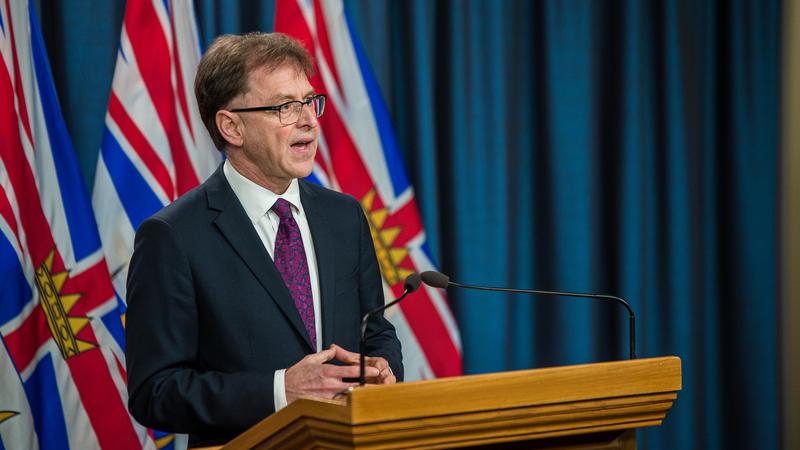
PETERS: Prospect of structural change to family doctor pay more promising than funding
THE PROVINCIAL FUNDING FOR FAMILY PHYSICIANS announced this week is a good sign — but not even the best piece of news coming out of that announcement.
The funding itself is $118 million spread between the thousands of family doctors in B.C., averaging about $25,000 per.
That money goes toward covering the overhead costs of running a clinic, something that can cost doctors as much as 30 per cent of their billing income.
It’s meant to tide them over for a four-month period until the end of next January.


